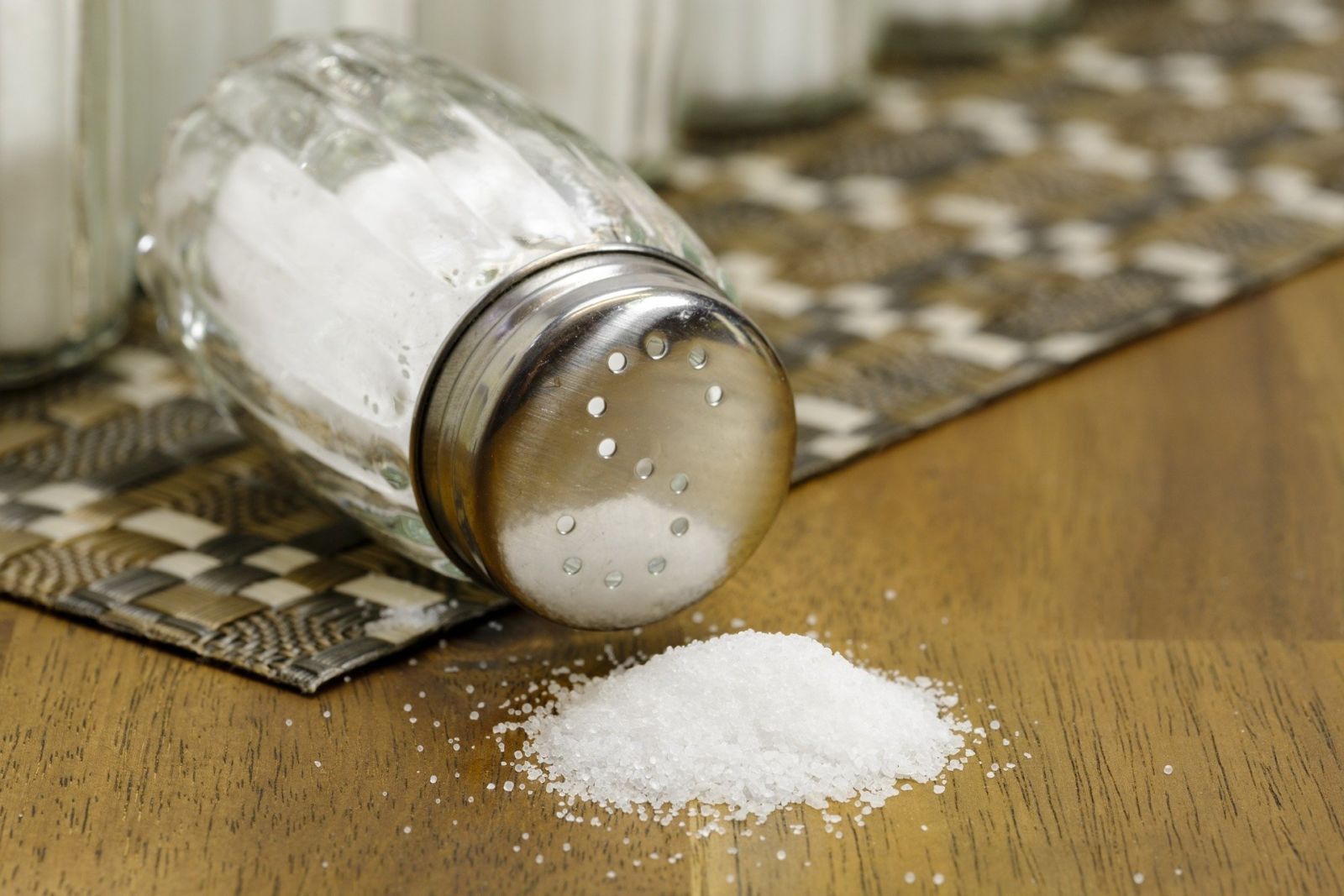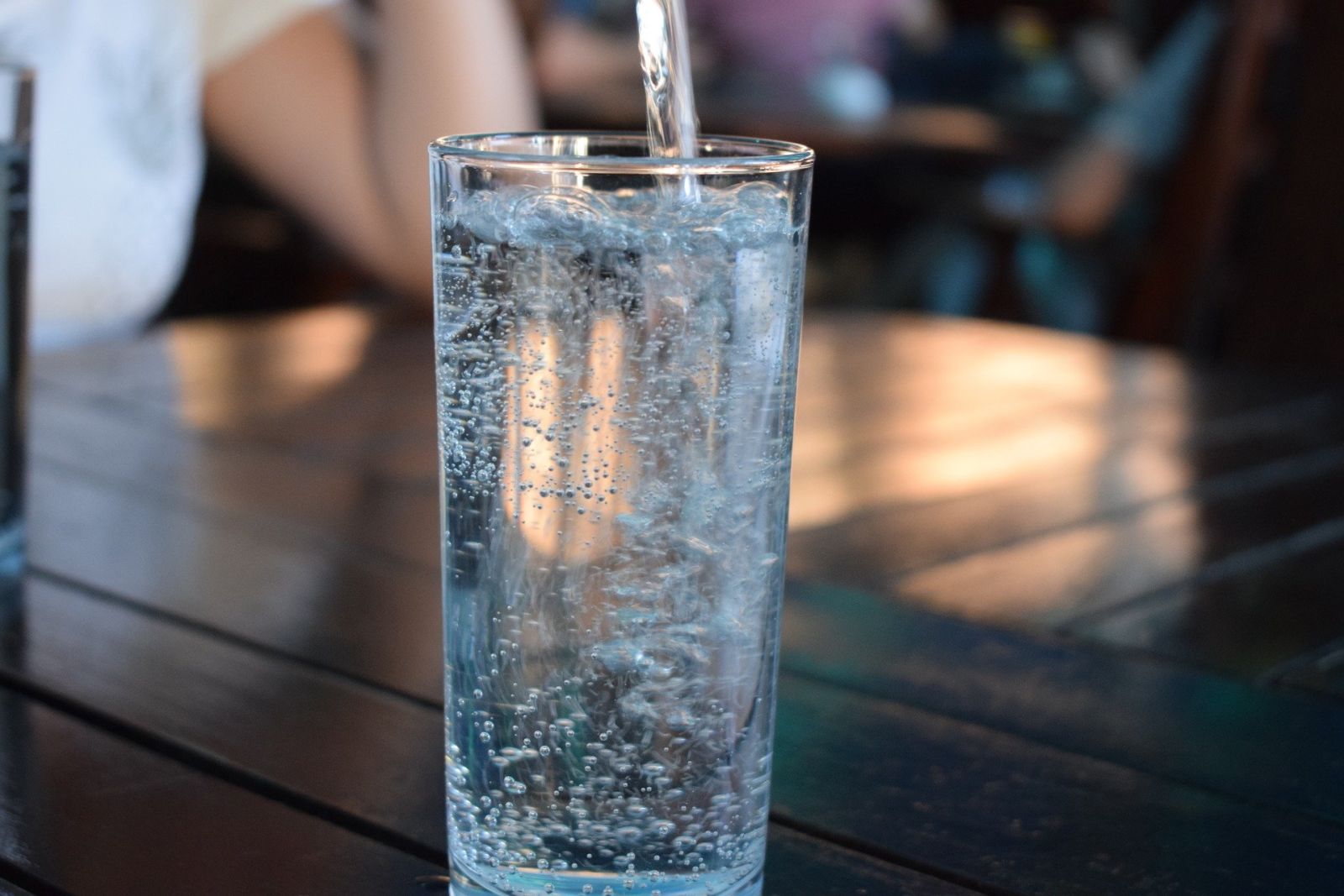Losing weight and salt, tip of the week 39

Too much salt is not very good for your health anyway but if you want to lose weight, it is better to avoid salt altogether. Salt affects the fluid balance in our body. It also regulates stimulus transmission from the brain to muscles and nerves, and regulates blood pressure.
If you take 1 to 3 grams of salt a day, that is enough.
In any case, try not to exceed the maximum of 6 grams per day, as (too much) salt can have harmful effects on our health.
The average Dutch person ingests as much as 9 grams of salt per day unnoticed!
Salt is often already added to foods Bread, sausage, cheese, soup and snacks so if you are also waving the salt shaker briskly over your food, chances are you are getting too much of it.
It is better to limit (extra) consumption of salt as much as possible. Salt can irritate the stomach (increased risk of stomach cancer) and the sodium contained in salt can cause high blood pressure which also puts strain on the heart and blood vessels.
Salt also retains moisture, which means you can excrete less waste products and/or get fluid accumulations (oedema) in the body. The body often retains fluid in the lower legs, ankles feet and/or hands but also in the abdomen and sometimes around the lungs.
If your weight increases very much in a short time or you suffer from shortness of breath, rapid fatigue on exertion or tightness when lying down, chances are your body is retaining fluid and there is a fluid build-up somewhere.
In places where you can see swelling, you can perform the pressure test yourself. Push on the skin with your finger. If after you remove your finger a small dent can be seen, it is oedema. If in doubt, consult your doctor.
When you eat too much salt, you get thirsty. This is because the salt/moisture level in the blood is disturbed at that moment. Our brain then sends a signal that we need to drink in order to restore balance to the blood.
The excess salt is then excreted with the fluid via the kidneys and everything is back in proportion. If you regularly eat too much salt, then the kidneys become overloaded and you thereby increase the chances of developing kidney diseases.
This week you may also weigh yourself! Click >HERE for handy weighing and measuring tips.
The above text previously appeared in the Balance book. The book is now sold out, but may still be available to order second-hand via the link below.
Slimming blog >HOME

